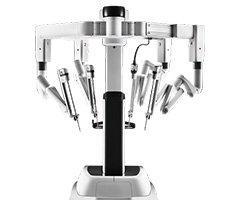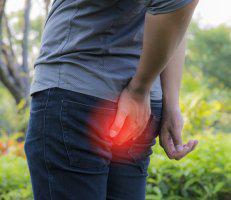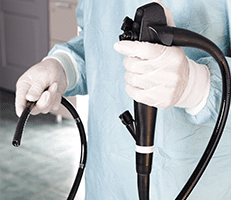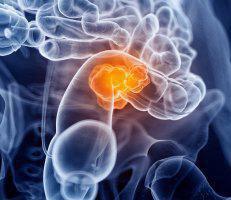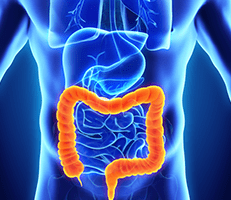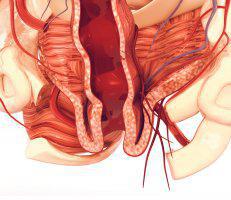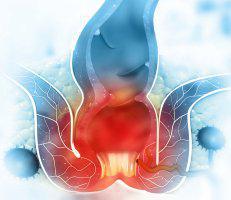Hemorrhoids Specialist

Yosef Y Nasseri, MD
Minimally Invasive and Robotic Colorectal Surgeon & Robotic Surgeon located in Los Angeles, CA
Hemorrhoids Q & A
What are hemorrhoids?
If the veins in your anus and rectum swell and expand, you can develop a condition called hemorrhoids. You can think of them like varicose veins that often appear on your legs. Without treatment, they can become itchy, irritated, or downright painful.
If you have hemorrhoids, you shouldn’t feel embarrassed or hesitant to seek help. The condition is highly common and is a consequence of your natural anatomy. Since you stand upright, your blood tends to flow downward.
You’re at a higher risk for hemorrhoids if you’re pregnant, constipated, overweight, or straining too hard when you go to the bathroom. These factors put extra pressure on the muscles in your rectum and can inhibit the blood flow.
What are the symptoms of hemorrhoids?
The symptoms from your hemorrhoids depend on which of the three types you have. They are:
Internal hemorrhoids
Internal hemorrhoids develop on the inside of your rectum and usually don’t cause discomfort. However, you might see blood in your stool or on your toilet paper if you have them.
External hemorrhoids
External hemorrhoids appear around your anus on the outside. They can cause pain, bleeding, or itching in the area.
Thrombosed hemorrhoids
Thrombosed hemorrhoids develop from external hemorrhoids. If the blood inside an external hemorrhoid pools and clots, it can turn into a hard, severely painful lump near your anus called a thrombosed hemorrhoid.
How are hemorrhoids treated?
Dr. Nasseri offers several pain-free treatments and modern surgeries for treating hemorrhoids in his office. For mild hemorrhoids, he might suggest simple home care measures like eating more fiber or soaking in a sitz bath. He also might prescribe medications and ointments to relieve the inflammation.
If your hemorrhoids are extremely uncomfortable or don’t respond to conservative treatments, Dr. Nasseri might use the Transanal Hemorrhoidal Dearterialization® (THD) surgical method to treat you. During the procedure, he uses a Doppler signal to find the blood vessels responsible for your hemorrhoids. Then, he closes those vessels to stop blood flow to them. This procedure is less painful and includes a faster recovery time than traditional hemorrhoidectomy surgery.
If you need treatment for painful or persistently uncomfortable hemorrhoids, call Yosef Nasseri, MD, or request your appointment online today.


